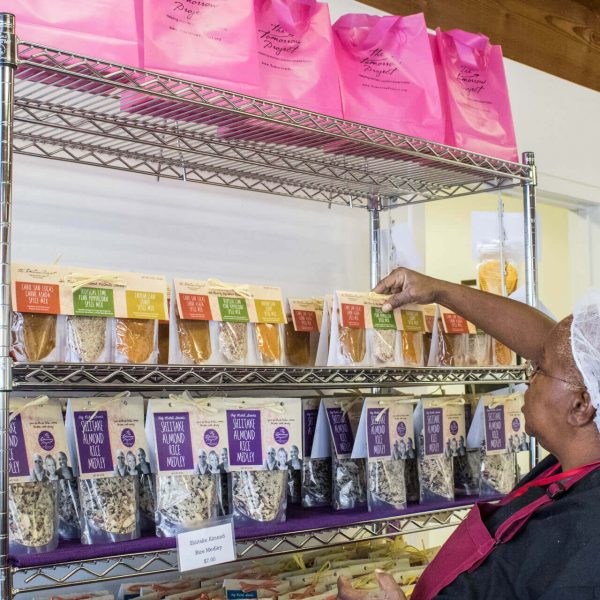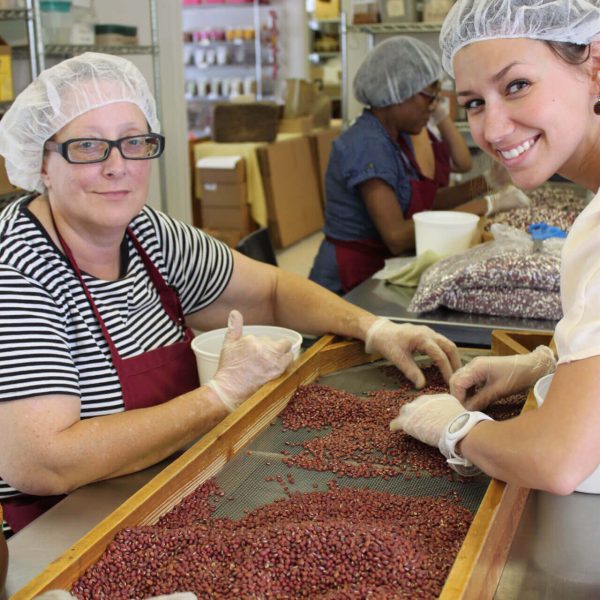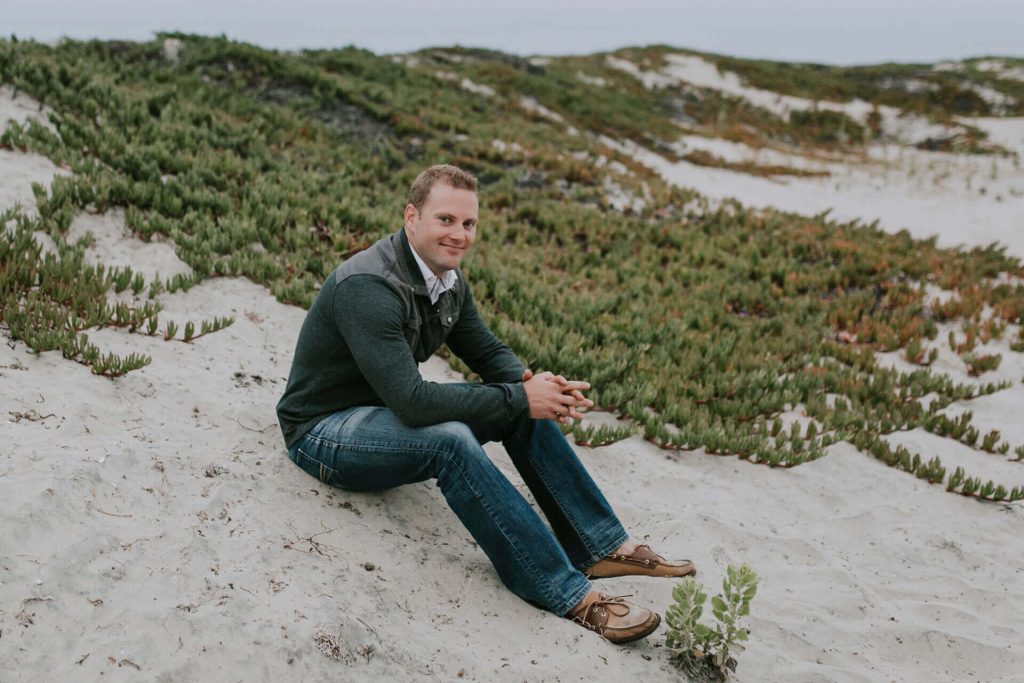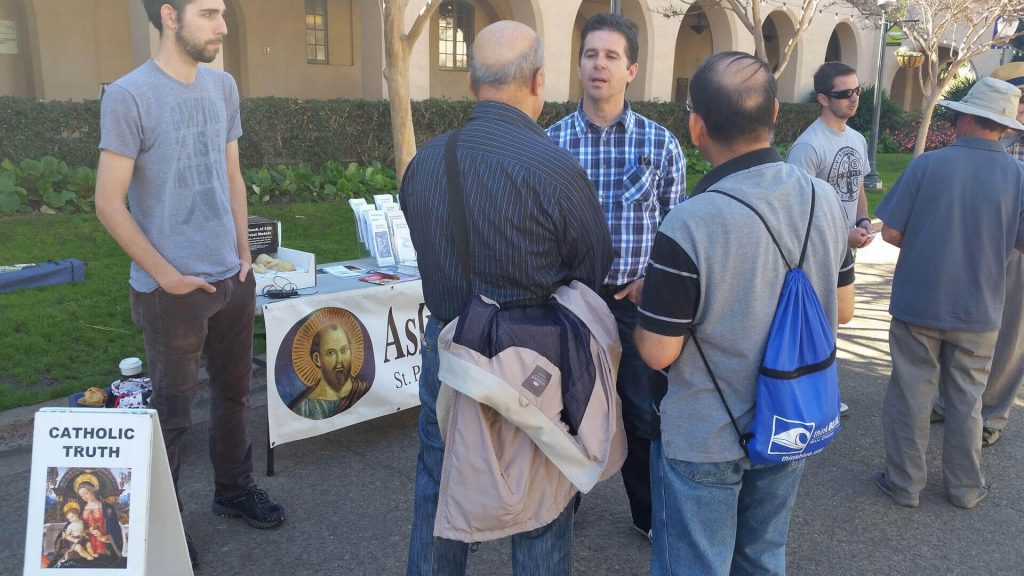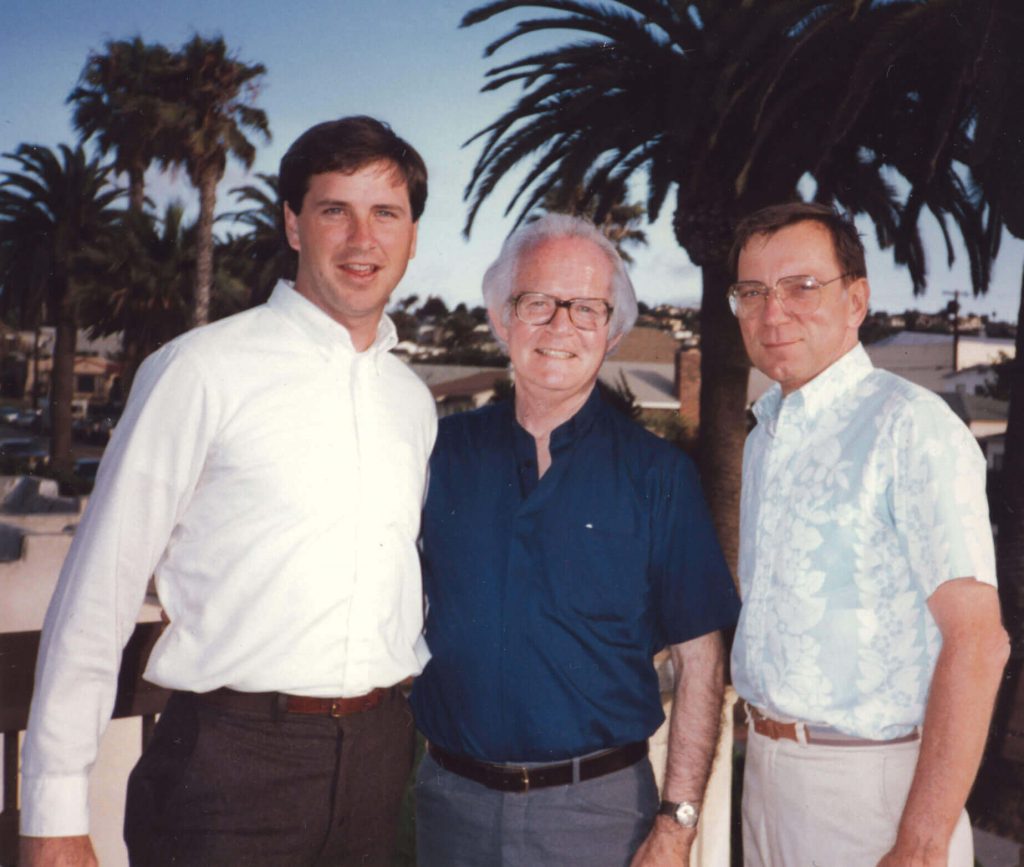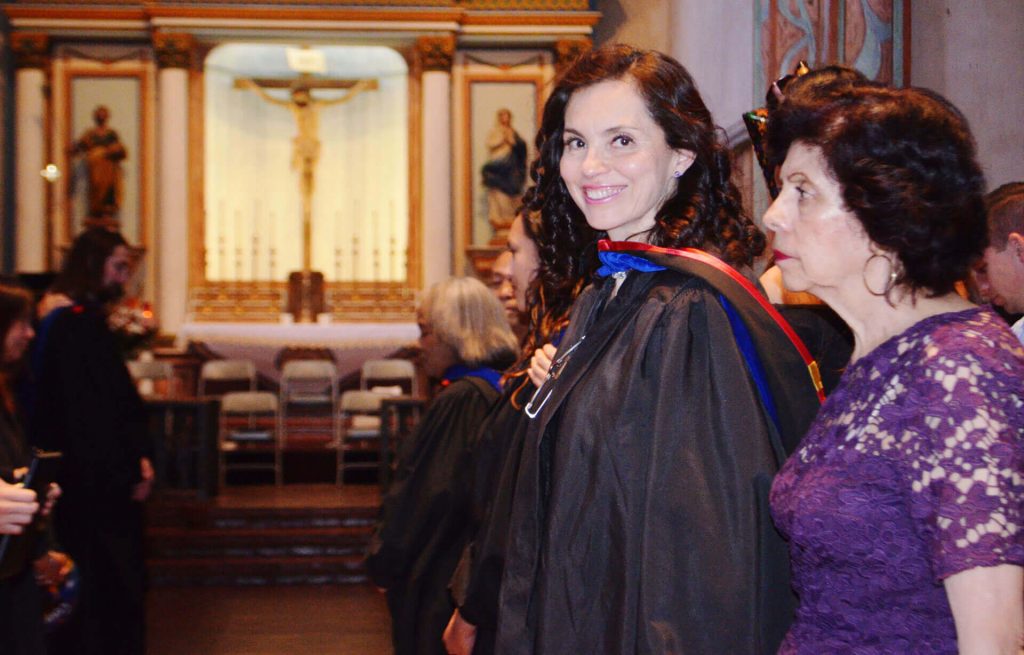SAN DIEGO — Through a work-readiness program called The Tomorrow Project, local homeless women prepare and sell a product line of soups, rice and spice mixes.
But “the real product” generated by the program is the women themselves, explained Martha Ranson, director of homeless women’s services at Catholic Charities San Diego.
In the program, founded and run by the diocesan affiliate of Catholic Charities, homeless women are transformed by experiencing what Ranson describes as “the culture of work” and by developing the skills needed to live as productive members of society.
The Tomorrow Project’s tagline is “Helping Women Create Futures Today.” Program participants work together on an assembly line to transform various raw materials into food products that can be sold at The Tomorrow Project’s store in downtown San Diego, through its Web site, and at other local stores. One special feature is that each item sold by The Tomorrow Project comes with a label that includes the name of the program participant who prepared it.
“When your name is on a product,” Ranson said, “you have a new level of pride that [you] didn’t experience before.”
In addition to the preparation of its own food items, The Tomorrow Project also does work for outside companies, such as packaging products for local coffee-roasting and stationary businesses. The women enrolled in the program also receive one-on-one assistance in preparing resumes, practicing for job interviews and honing their computer skills.
About 35 women go through the program each year. Typically, they have been referred by Rachel’s Night Shelter, which is also run by Catholic Charities, or by other local homeless shelters. On average, women spend between three to six months in the program.
Some 75 percent of participants have found jobs after leaving The Tomorrow Project, said Shayna Jennings Weider, who served as program manager until late January. But while its “primary goal is to get women employed,” she explained, it is really about much more than landing them a job and a steady paycheck.
“It’s amazing when you have [the women] come in for their initial meeting with you” and “how shy and unconfident they might seem at that time,” Jennings Weider said, “and then they really grow and flourish every day as they learn new things and become more confident.”
“Next thing you know,” she added, “the women that could barely come in and shake your hand are coming in every morning greeting you, and making coffee, and starting conversations, and all of the things that you wouldn’t have seen a month or two ago.”
Ranson too has witnessed such transformations.
Noting that many of the women are “highly traumatized people,” who have experienced extreme forms of abuse, mental illness or addiction in their lives, she said they often seem somewhat distant upon entering the program. But over the course of their involvement, she added, “there’s an opening and a blossoming that’s pretty incredible to see.”
While in the program, some women are able to improve their housing situations or finally receive much needed treatment for chronic problems, and all of them have the opportunity to learn valuable skills by adhering to a work schedule, interacting with co-workers, and engaging with potential customers.
Ranson explained to The Southern Cross that women in the program gain “a new sense of confidence and an awareness of who they are, and they know they now have a circle of people that will support them.”
“They don’t come in here knowing that,” she said. They are “so isolated” at first.
One program participant, a 65-year-old former actress who hopes to return to the profession someday, has been without permanent housing for three years because of what she describes as “bad choices and wrong decisions.”
“This program has put me back on my feet and so much more,” she said. While she has learned that her interpersonal and coping skills need improvement, she also has found the courage “to step out there” again.
Another participant shared that her experience with the program has taught her how to get along with different personality types and to work with others to accomplish a common task. Looking toward her own future, she said her goal is “to have a home and job, to be independent and take care of myself, and to help other women along my journey.”
For more information, visit www.tomor rowproject.org.

